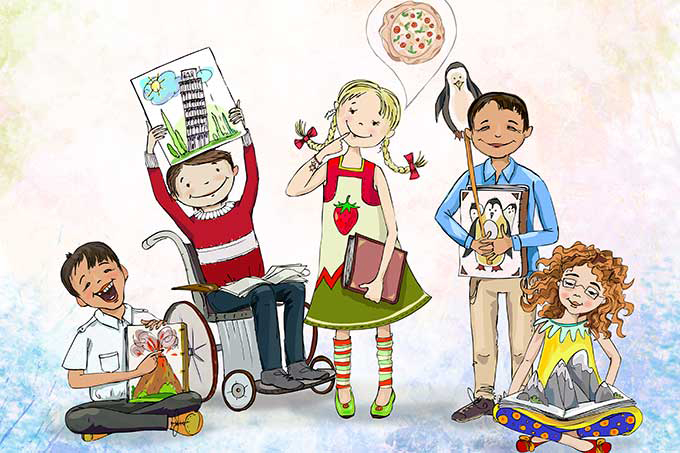Ralph Leighton, Senior Lecturer on the PGCE Secondary in the Faculty of Education, reflects on children’s voices in the run up to the Universal Children’s Day:
Children’s voice should be children’s voices. While school councils give some children the opportunity to express themselves, most are excluded from contributing. My research, with Laila Nielsen, Jönköping University, Sweden, shows that many young people feel excluded from full citizenship, in school and in society. Their circumstances are described by Yuval-Davis’ concept of intersectionality, that membership of various collectivities often leads to conflict between formal (official) and real (experienced) circumstances. The school students we interviewed identified gender, ethnicity, social class, income, sexuality and age as differently interrelated and interpreted so that what they are told will happen is not always what they experience. This leads to the concept of human capabilities proposed by Sen and by Nussbaum, that it is all very well saying people have equal rights but they do not have equal access to those rights. Students see teachers, parents, politicians treating some groups less favourably than others, and feel powerless to intervene as they are regarded as naïve children. The space between the FBVs of Prevent and children’s daily experiences of lack of tolerance, of unequal application of rules, of a lack of democratic accountability, and of limits on their expression of opinions is regularly remarked upon.
Read Ralph’s article on citizenship education:
Nielsen, L. and Leighton, R. (2017) What are the gender, class and ethnicity of citizenship? A study of upper secondary school students’ views on citizenship education in England and Sweden. Confero. ISSN 2001-4562.

 Faculty of Arts, Humanities and Education
Faculty of Arts, Humanities and Education Anna Torroni
Anna Torroni 615
615

